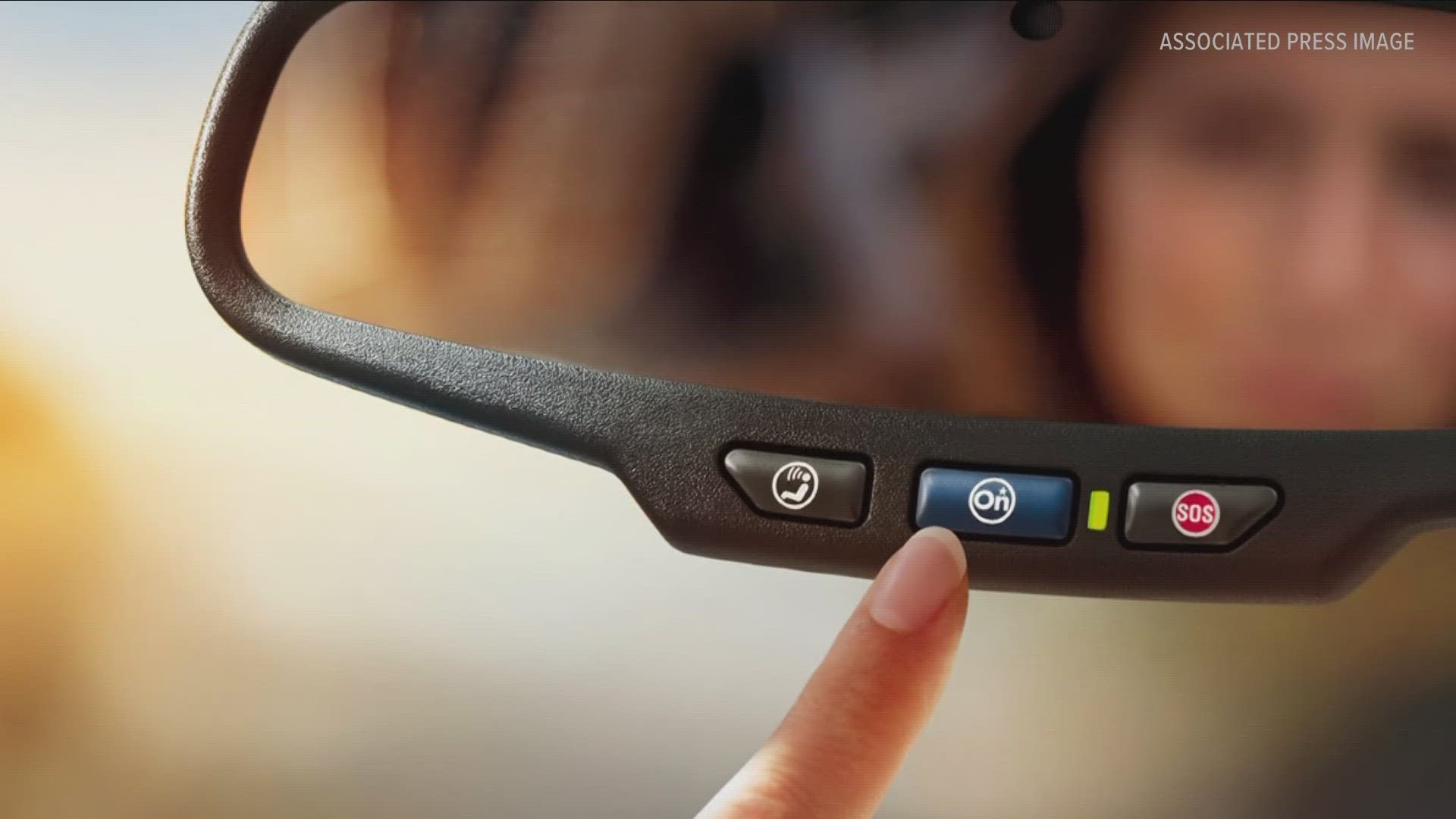BUFFALO, N.Y. — How you drive could be boosting your insurance rates, and we're not just talking about speeding tickets and car crashes.
A report from The New York Times last week revealed that several car companies partner with apps that collect your data and share it with data brokers who then share the information with insurance companies.
This is legal if you opt-in to one of these programs, and it's all in the fine print when you accept the terms and conditions.
"Even folks that do want to do the right thing and say, well, I'm going to read through what I'm clicking on before I click on it, you're not going to get much done because you're going to spend all your time reading and trying to decipher what's actually in those policies," said Kevin Cleary, U.B. Clinical Assistant Professor in the School of Management.
U.B. Clinical Assistant Professor Kevin Cleary says those policies are not written in a way that's easy for any of us to understand unless we have a law degree.
"There's a lot of information that your standard automobile these days collects and information is power in the right hands, and so that's all fair game to be collected depending on what cryptic language is used in a privacy report," said Kevin Cleary.
You may have seen the story in The New York Times last week highlighting several drivers who reported that their insurance rates went up despite having clean driving records.
Then, the drivers realized their driving data - including speeding, hard braking, and sharp accelerations - was all being shared with the data broker LexisNexis which then was sharing that information with insurance companies. The data came from apps like OnStar that track how you drive if you opt into the SmartDriver program.
Verisk is another one of the data companies. The New York Times revealed several car companies are doing this.
Cleary has this advice for anyone who doesn't want to share their data.
"I think that customers can start to demand better handling and better transparency in terms of how our privacy is being handled. They can do that in a few ways. They can talk with their checkbooks or their wallets, or they can talk by contacting their elected representatives to pass some more stringent privacy measures to hold some of these industries accountable for how they're rebranding, repackaging, reselling our data," said Kevin Cleary.
You can also check to see if you're enrolled in one of these programs, and you can request your LexisNexis or Verisk report to see what the insurance companies are seeing.

